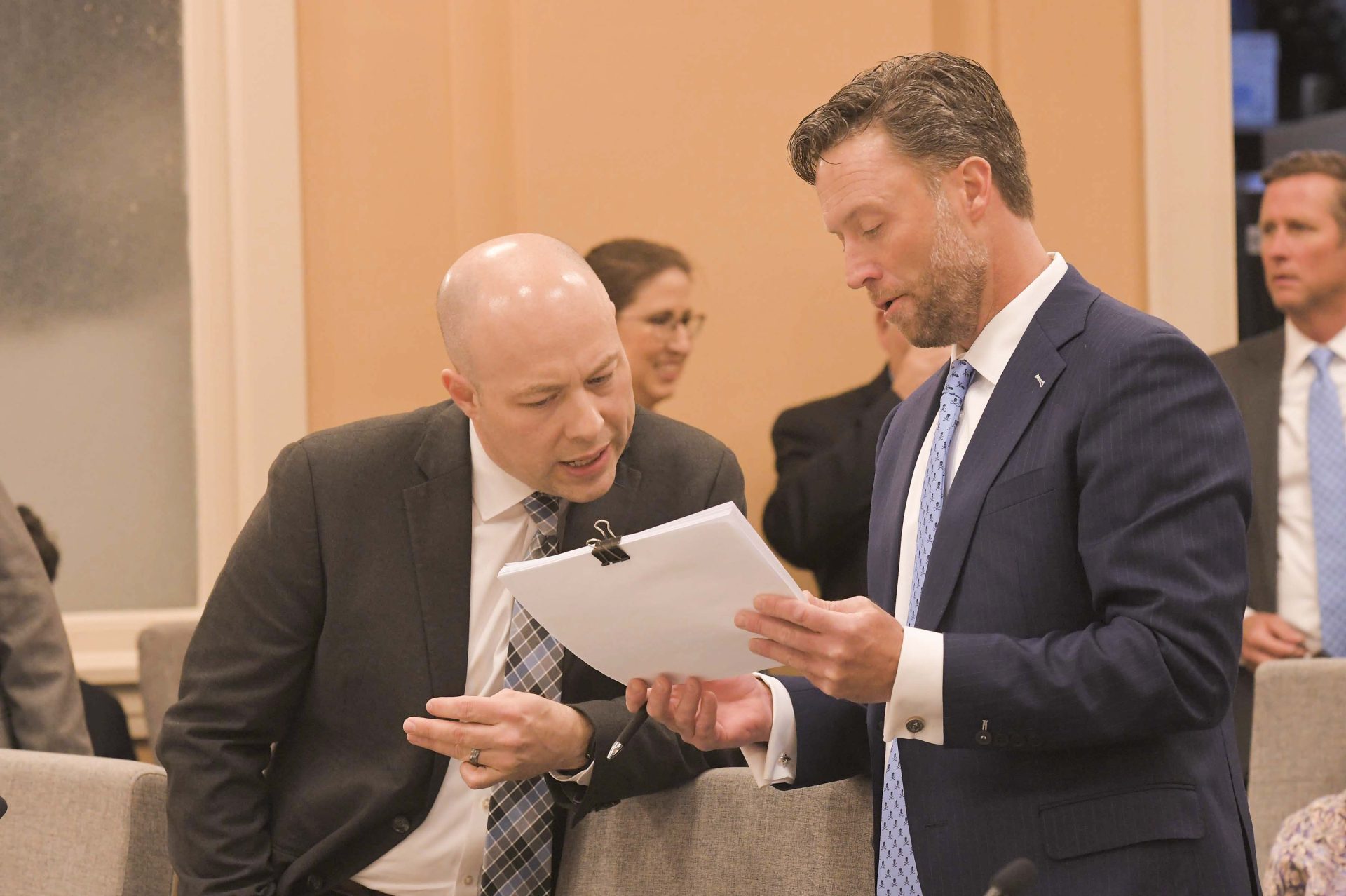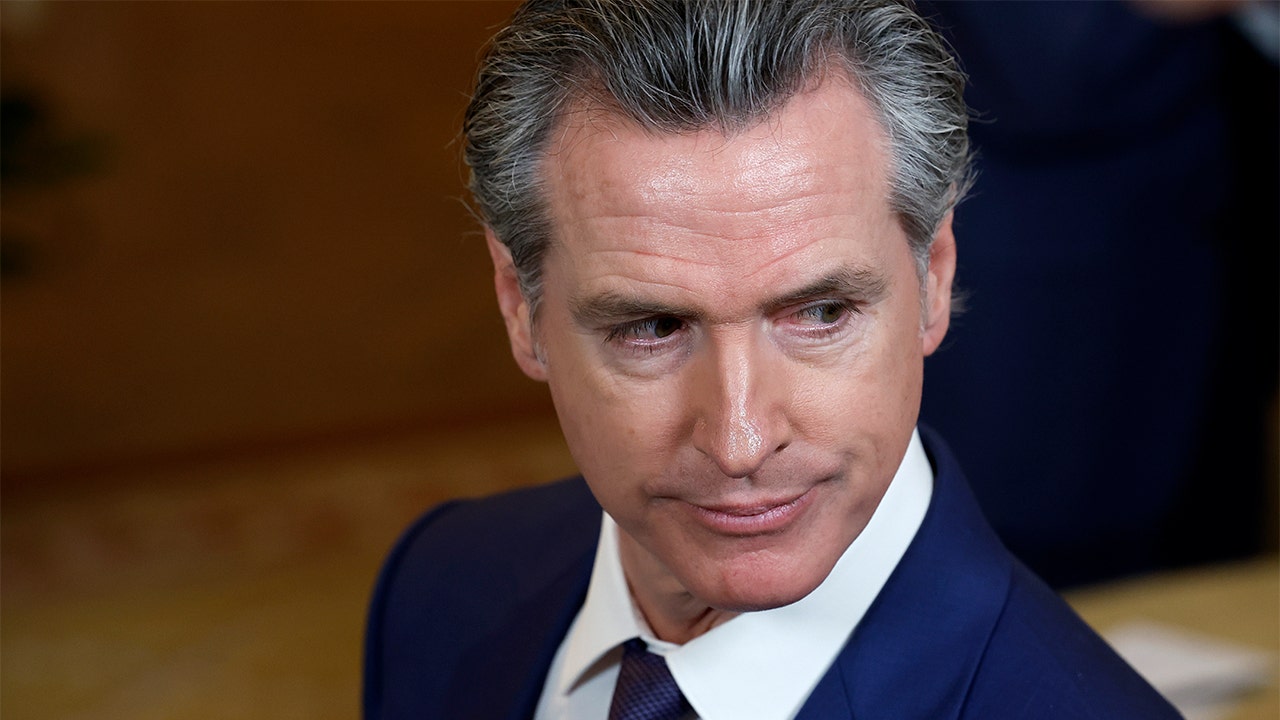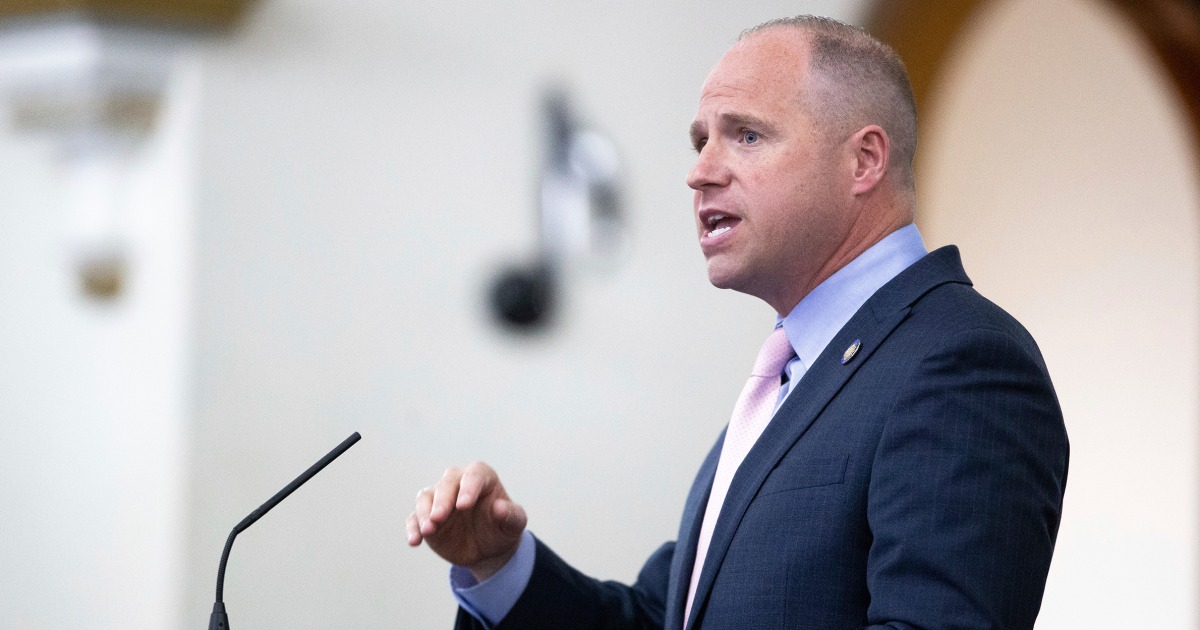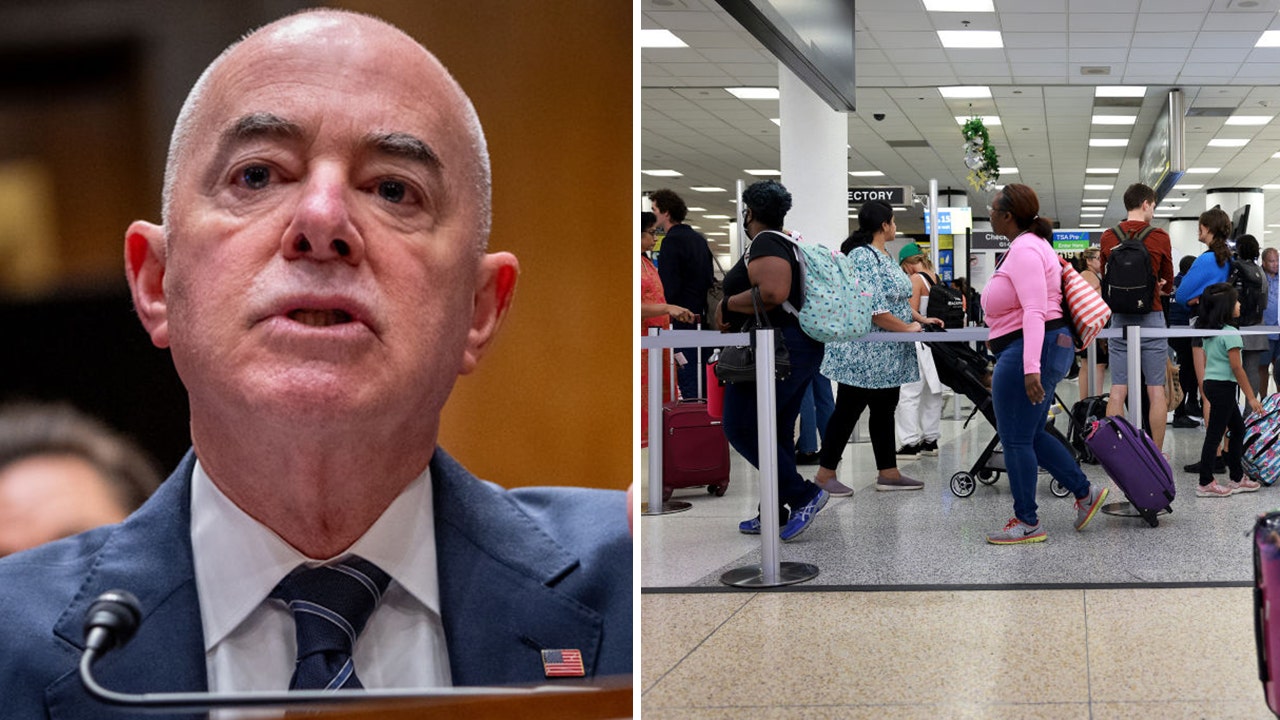Missouri lawmakers have until Friday May 10 to approve a balanced budget, under the state Constitution. The Missouri House has approved an approximately $49-billion state operating budget. A staffer for Senate Appropriations Committee chairman Lincoln Hough (R-Springfield), Jacob Schelp, joined us live on 939 the Eagle’s “Wake Up Mid-Missouri” to discuss the state budget, the federal reimbursement allowance (FRA) issue and other bills. Mr. Schelp tells listeners that he expects the budget to hit the Senate floor soon and is confident it will get done. He also says the federal reimbursement allowance (FRA) issue will get done. FRA is a key funding mechanism for Missouri Medicaid. Missouri could lose billions of dollars for Medicaid, if FRA isn’t extended. 939 the Eagle host Randy Tobler, a physician, tells listeners that many rural Missouri hospitals are running on fumes and need the FRA to be extended. We also discussed Missouri’s Medicaid budget. More than 1.3 million Missourians currently receive Medicaid benefits:
Missouri
Analysis: New anti-ESG rule in Missouri offers US Republicans another path away from ‘wokeness’
/cloudfront-us-east-2.images.arcpublishing.com/reuters/M5AMIGETHJN4DIIEORZ74V6FCI.jpg)
[1/2]A bale of hay sits wrapped in a material to look like the American flag on a farm in Appleton City, Missouri, U.S., August 11, 2021. REUTERS/Shannon Stapleton/File Photo
July 10 (Reuters) – A new Missouri securities rule offers a template for Republican U.S. state officials who want to advance an “anti-woke” business agenda even as such ideas struggle for legislative backing.
Missouri’s Republican secretary of state, John “Jay” Ashcroft, issued a rule on June 1 that requires broker-dealers to obtain consent from customers to purchase or sell an investment product based on social or other nonfinancial objectives, such as combating climate change.
Ashcroft acted after Republican lawmakers failed to pass a similar measure during the state’s legislative session that ended on May 12, amid infighting over which bills should be prioritized.
Both the new rule and failed legislation were part of a broader push by Republicans in some U.S. states to limit the growing consideration of environmental, social and governance (ESG) factors by business and investors.
Many Republican politicians call such concerns “woke” overreach, using a term the Merriam-Webster dictionary defines as attentiveness to racial and social-justice issues. This year they proposed some 165 pieces of legislation in 37 states to counter ESG investment practices, according to Pleiades Strategy, a climate-focused research and advisory firm.
But of those 165 proposals, only 22 anti-ESG laws in 16 states were approved this year, Pleiades found. Concerns over costs, bureaucracy and economic fallout led to bills stalling or passing in weakened form even in so-called red states, where Republicans dominate state government.
Several corporate attorneys said other Republican officials may adopt Ashcroft’s playbook and act on their own. “In the absence of legislative action, which can be hard to achieve, you’ll see a migration to action via executive or administrative orders and attorney general opinions,” said Beth I.Z. Boland, a securities litigator for Foley & Lardner in Boston.
The policy changes pursued by Republicans have yet to put a major dent in ESG as an asset class, as investors take stock of issues like climate change and workforce diversity. Morningstar Direct tracked $2.74 trillion in funds globally that used ESG criteria to evaluate investments or assess their societal impact as of March 31, up from $2.69 trillion a year earlier.
But the attacks have persuaded some Wall Street firms to change their messaging to avoid controversy. BlackRock (BLK.N) Chief Executive Larry Fink said last month he had stopped using the term “ESG” because it has become too politicized.
‘NOVEL APPROACH’
Ashcroft is also running for governor of Missouri on a conservative platform, including a vow in a campaign video to protect residents of the midwestern state from banks that focus on what he called “woke politics.”
Ashcroft told Reuters in an interview that “an extremely dysfunctional session” prevented the measure in question from advancing through a Senate committee after it passed the state’s House of Representatives. Committee members did not return messages.
But Ashcroft also said he wanted to take a different tack than in other states with new Republican-backed restrictions like barring certain companies from managing public money.
“We think we’ve taken a novel approach that protects people but doesn’t preclude them from deciding what to do with their own money,” he said about the rule he implemented, which is set to take effect at the end of July.
According to a spokesperson, Ashcroft initiated the rulemaking before the legislative session began, essentially as a backup plan in case lawmakers did not act on the same idea introduced in January.
Business groups had raised objections including on legal grounds and that the rule would create unnecessary costs and logistical hurdles. “You can’t get away from the fact that this is a new mandate on employers and the financial industry,” said Dan Mehan, president of the Missouri Chamber of Commerce.
EXTRA ARROWS
Financial executives who so far have avoided the strongest laws worry that the possibility of executive or administrative actions, as in Missouri, gives state officials flexibility to keep up the pressure.
“There’s a lot more arrows in the quiver,” said K&L Gates attorney Lance Dial, whose clients include asset managers
Missouri is one of ten states whose secretaries of state have jurisdiction over securities, according to the nonpartisan national association of these officials who are often known for overseeing elections and business licenses. Of those ten officials, six are Republicans.
In Wyoming, Secretary of State Chuck Gray has proposed ESG disclosure rules for investment advisers similar to Missouri’s. A public comment period is expected soon.
Before this year’s legislative wave, examples of Republican anti-ESG efforts included Florida’s chief financial officer and West Virginia’s treasurer withdrawing assets from BlackRock, and Kentucky’s treasurer and attorney general guiding state officials to limit investments in ESG.
To be sure, Republicans have also passed some notable new anti-ESG laws such as a bill signed by Florida Governor Ron DeSantis prohibiting ESG bond sales. DeSantis, who has been embroiled in a feud with Walt Disney (DIS.N), is seeking the Republican nomination for president.
Reporting by Ross Kerber in Boston
Editing by Greg Roumeliotis, Anna Driver and Matthew Lewis
Our Standards: The Thomson Reuters Trust Principles.

Missouri
Missouri college credit bill aims to provide ‘seamless transfer’ in-state – Missourinet

Missouri law allows a block of 42 credit hours to transfer between the state’s public colleges and universities. Rep. Cameron Parker, R-Campbell, is sponsoring a bill that would expand the number of college credits that can transfer in-state to possibly 60 hours.
“By statute, that four-year institution is only required to take the 42 hours,” Parker told Missourinet. “So, what we are seeing is problems with one, parents paying for duplicate classes, which is expensive to the student if they’re paying for it themselves. It’s expensive to the parent if the parent is having to assist. Also, they’re repeating classes.”
Parker is proposing to have Missouri’s Coordinating Board for Higher Education work with the public colleges and universities to increase the block of transferable hours for at least five degree programs.
“You know, we want a seamless transfer,” said Parker. “I mean that’s what we’re trying to do – a transition from a community college to a four-year (college) where you don’t pay extra money. It helps your students; it helps your parents. And I think it’s good for colleges to be able to work together to say, ‘we’ll take your students.’”
The block is for lower-division courses.
“You’re taking 60 anyway with a community college,” said Parker. “That’s your requirement. That’s the magic number to get out of a community college with an AA degree, or an Associate’s degree. We’re trying to make all of those hours transfer over.”
Paul Wagner, executive director of Missouri’s Council on Public Higher Education, said the bill could exclude students outside of popular degree programs. He also he would prefer the bill to be broad because he said getting each college to agree on a 60-credit-hour program would be a big chore.
With the House unanimously passing Parker’s bill, the next order of business is Senate debate.
Fewer than three weeks remain in the Missouri Legislature’s regular session and many bills are waiting on the Senate to make a move.
For more information on House Bill 2310, click here.
Copyright © 2024, Missourinet.
Missouri
Faction of GOP Senators filibusters Missouri Medicaid funding system

JEFFERSON CITY, Mo. (WGEM) – The Missouri Senate is at a stand-still as a group of Republicans called the “freedom caucus,” is filibustering the renewal of the federal reimbursement allowance.
The group is demanding several actions before they will end their blockade, including Gov. Parson’s signage of the recently passed bill that strips Medicaid funding from Planned Parenthood.
Before any discussion on renewing the FRA, the caucus also demands Senate leadership prioritize the passage of a resolution to make constitutional amendments more difficult for citizens to pass via ballot initiative. Republicans call the policy “initiative petition reform” or “IP reform.”
“We’re going to do what we can to hold the line to make sure that IP reform [passes], to protect our Constitution, protect life, that’s what we’re going to do before we move to the budget before we move to the FRA,” said Freedom Caucus leader, Sen. Rick Brattin, R-Harrisonville.
Democrats have promised to filibuster the IP resolution as long as it contains extra provisions that ban non-citizens from voting and bar foreign entities from political contributions.
Because both of those provisions are already enshrined in state and federal law, critics said they were being included only to resolve initiative petitions more attractive to constituents. It’s a strategy referred to as “ballot candy.”
“The only way that they can get it passed is by putting all of these measures in there that have nothing to do with the higher threshold to put things into the Constitution,” said Senate Minority Floor Leader John Rizzo. “They are there to disguise and to lie to people about what they’re trying to do and take away their voice. It is a scam that is one of the worst ones I’ve seen in my time down here.”
In 2021, a previous version of the Freedom Caucus filibustered the FRA until time ran out and lawmakers were forced into a special session to pass the bill without the caucus’ demands.
If the FRA is not renewed, the entire state legislature would have to start over their work on the 50-billion dollar budget – to account for a massive loss in revenue. Lawmakers estimate that allowing the FRA to expire would blow a $4.5 billion hole in the state’s spending plan.
The FRA expires in September.
Lawmakers have until May 10 to finish work on the state budget and one week after that to finish work on other legislation.
Copyright 2024 WGEM. All rights reserved.
Missouri
(LISTEN): Missouri Senate staffer Jacob Schelp discusses state budget and FRA legislation on “Wake Up Mid-Missouri” | 93.9 The Eagle

Missouri House Budget Committee chairman Cody Smith (R-Carthage), left, discusses the state budget with Senate Appropriations Committee chairman Lincoln Hough (R-Springfield) on May 3, 2023 in Jefferson City (file photo courtesy of
Tim Bommel at House Communications)
12 mins ago
KWOS, Mid-Missouri News, post to twitter
-

 Education1 week ago
Education1 week agoVideo: Dozens of Yale Students Arrested as Campus Protests Spread
-

 World1 week ago
World1 week agoEU sanctions extremist Israeli settlers over violence in the West Bank
-

 Politics1 week ago
Politics1 week ago'Nothing more backwards' than US funding Ukraine border security but not our own, conservatives say
-

 Politics1 week ago
Politics1 week agoDemocrats hold major 2024 advantage as House Republicans face further chaos, division
-

 Politics1 week ago
Politics1 week agoFetterman hammers 'a–hole' anti-Israel protesters, slams own party for response to Iranian attack: 'Crazy'
-

 World1 week ago
World1 week agoPeriod poverty still a problem within the EU despite tax breaks
-

 Politics1 week ago
Politics1 week agoA battle over 100 words: Judge tentatively siding with California AG over students' gender identification
-

 Movie Reviews1 week ago
Movie Reviews1 week agoShort Film Review: Wooden Toilet (2023) by Zuni Rinpoche




















